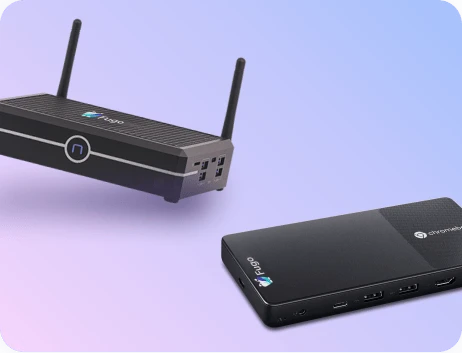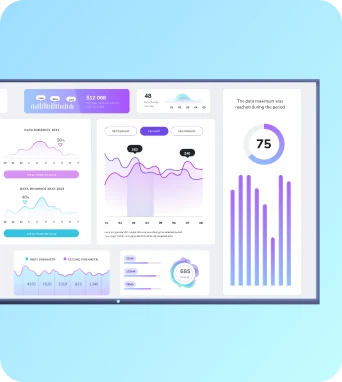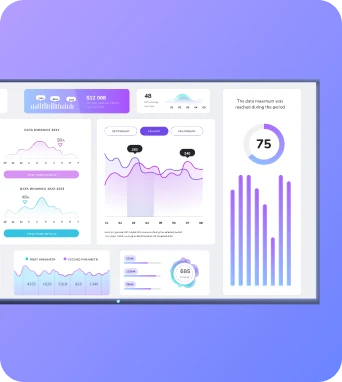Digital Signage Wiki/IoT-powered remote diagnostics
3 min read
Apr 24, 2025
IoT-powered remote diagnostics
IoT-powered remote diagnostics refers to the use of Internet of Things technology to monitor and diagnose issues in digital signage systems remotely, enhancing maintenance efficiency and reducing downtime.
What is IoT-powered remote diagnostics?
IoT-powered remote diagnostics is a transformative approach in the realm of digital signage, leveraging the capabilities of the Internet of Things to facilitate real-time monitoring and diagnostics of signage systems. This technology enables operators to detect and resolve issues remotely, significantly improving the efficiency of maintenance processes and minimizing system downtime. By integrating IoT sensors and connectivity, digital signage networks can be managed more effectively, ensuring optimal performance and reliability.
The Role of IoT in Remote Diagnostics
The integration of IoT technology into remote diagnostics for digital signage systems plays a crucial role in enhancing operational efficiency. IoT devices, equipped with sensors and connectivity modules, are embedded within digital signage hardware to continuously collect data on various performance metrics such as temperature, power consumption, and display status. This data is transmitted in real-time to a centralized monitoring system, where it is analyzed to identify potential issues before they escalate into significant problems. The use of IoT in remote diagnostics allows for predictive maintenance, where potential failures can be anticipated and addressed proactively. This not only reduces the likelihood of unexpected downtime but also extends the lifespan of the signage equipment. Furthermore, IoT-powered diagnostics enable remote troubleshooting, allowing technicians to access and resolve issues from any location, thereby reducing the need for on-site visits and associated costs.
Implementing IoT-powered Remote Diagnostics in Digital Signage
The implementation of IoT-powered remote diagnostics in digital signage involves several key steps to ensure seamless integration and functionality. Initially, IoT sensors and connectivity devices must be strategically installed within the signage hardware to monitor critical performance indicators. These devices are then connected to a cloud-based platform that aggregates and analyzes the data collected. The platform uses advanced algorithms to detect anomalies and predict potential failures, triggering alerts for maintenance teams to take action. Additionally, the system can be configured to perform automated diagnostics, running tests and checks to assess the health of the signage network. This proactive approach allows for timely interventions, minimizing disruptions to the display content and ensuring a consistent viewer experience. The implementation process also involves setting up secure communication channels to protect the data transmitted between the signage devices and the monitoring platform, safeguarding against potential cyber threats.
Conclusion on IoT-powered Remote Diagnostics
In summary, IoT-powered remote diagnostics represents a significant advancement in the management of digital signage systems. By enabling real-time monitoring and predictive maintenance, this technology ensures that signage networks operate efficiently and with minimal downtime. The ability to diagnose and resolve issues remotely not only reduces maintenance costs but also enhances the overall reliability of digital displays. To explore the full potential of IoT-powered remote diagnostics and how it can benefit your digital signage operations, learn more about IoT-powered remote diagnostics – schedule a demo at https://calendly.com/fugo/fugo-digital-signage-software-demo or visit https://www.fugo.ai/.
Keep the learning going...
IoT-enabled screen diagnostics
IoT-enabled screen diagnostics refers to the use of Internet of Things technology to monitor and manage the health and performance of digital signage screens in real-time.
3 min read
Apr 24, 2025
IoT-enabled signage
IoT-enabled signage refers to digital signage systems that incorporate Internet of Things (IoT) technology to enhance interactivity, data collection, and content delivery.
3 min read
Apr 24, 2025
IP (Internet Protocol)
Internet Protocol (IP) is a set of rules governing the format of data sent over the internet or local network, essential for addressing and routing packets.
2 min read
Apr 24, 2025



